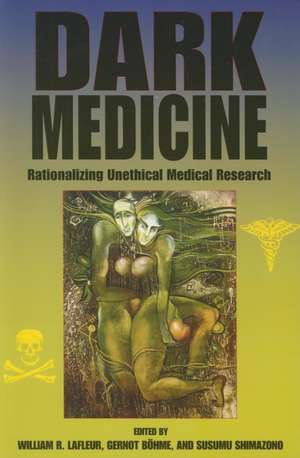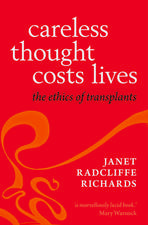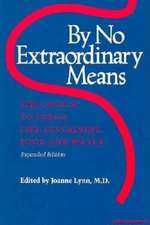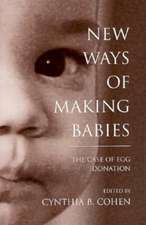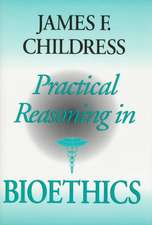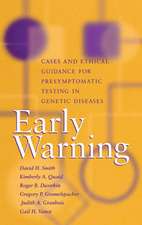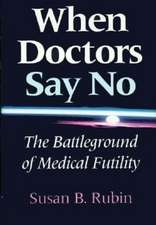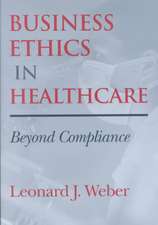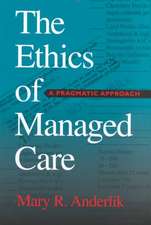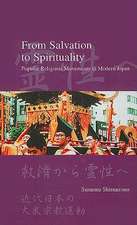Dark Medicine – Rationalizing Unethical Medical Research
Autor William R. Lafleur, Gernot Böhme, Susumu Shimazonoen Limba Engleză Paperback – 16 iul 2008
Preț: 195.37 lei
Nou
Puncte Express: 293
Preț estimativ în valută:
37.40€ • 40.63$ • 31.43£
37.40€ • 40.63$ • 31.43£
Carte tipărită la comandă
Livrare economică 21 aprilie-05 mai
Preluare comenzi: 021 569.72.76
Specificații
ISBN-13: 9780253220417
ISBN-10: 0253220416
Pagini: 280
Dimensiuni: 155 x 234 x 26 mm
Greutate: 0.43 kg
Editura: MH – Indiana University Press
ISBN-10: 0253220416
Pagini: 280
Dimensiuni: 155 x 234 x 26 mm
Greutate: 0.43 kg
Editura: MH – Indiana University Press
Cuprins
Preface; AcknowledgmentsIntroduction: The Knowledge Tree and Its Double Fruit - William R. LaFleurPart 1. The Gruesome Past and Lessons Not Yet Learned 1. Rationalizing Unethical Medical Research: Taking Seriously the Case of Viktor von Weizsecker - Gernot Bihme; 2. Medical Research, Morality, and History: The German Journal Ethik and the Limits of Human Experimentation - Andreas Frewer; 3. Experimentation on Humans and Informed Consent: How We Arrived Where We Are - Rolf Winau; 4. The Silence of the Scholars - Benno Muller-Hill; 5. The Ethics of Evil: The Challenge and the Lessons of Nazi Medical Experiments - Arthur L. Caplan; 6. Unit 731 and the Human Skulls Discovered in 1989: Physicians Carrying Out Organized Crimes - Kei-ichi Tsuneishi; 7. Biohazard: Unit 731 in Postwar Japanese Politics of National "Forgetfulness" - Frederick R. Dickinson; 8. Biological Weapons: The United States and the Korean War - G. Cameron Hurst III; 9. Experimental Injury: Wound Ballistics and Aviation Medicine in Mid-century America - Susan Lindee; 10. Stumbling Toward Bioethics: Human Experiments Policy and the Early Cold War - Jonathan D. MorenoPart 2. The Conflicted Present and the Worrisome Future 11. Toward an Ethics of Iatrogenesis - Rene C. Fox; 12. Strategies for Survival versus Accepting Impermanence: Rationalizing Brain Death and Organ Transplantation Today - Tetsuo Yamaori; 13. The Age of a "Revolutionized Human Body" and the Right to Die - Yoshihiko Komatsu; 14. Why We Must Be Prudent in Research Using Human Embryos: Differing Views of Human Dignity - Susumu Shimazono; 15. Eugenics, Reproductive Technologies, and the Feminist Dilemma in Japan - Miho Ogino; 16. Refusing Utopia's Bait: Research, Rationalizations, and Hans Jonas - William R. LaFleurList of Contributors; Index
Recenzii
"A fascinating and timely new book . . . The take-home message of the 16 contributors to Dark Medicine is that a nation's books on past episodes of unethical practice should never be fully closed, and that ethical committees in science and medicine should never neglect the historical perspective of their own and other countries." New Scientist
Notă biografică
Descriere
Where does one set the limits on research involving human subjects?
